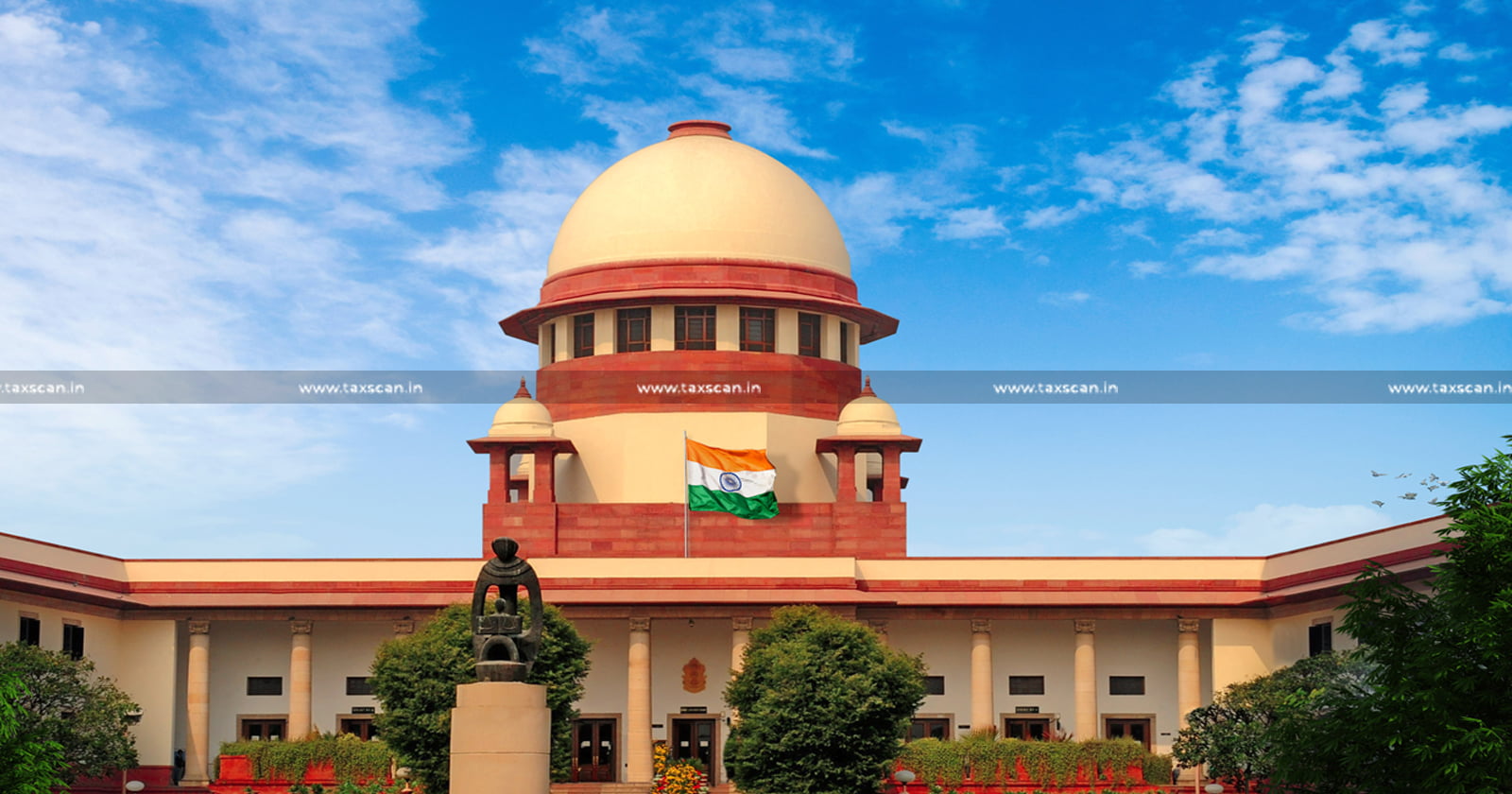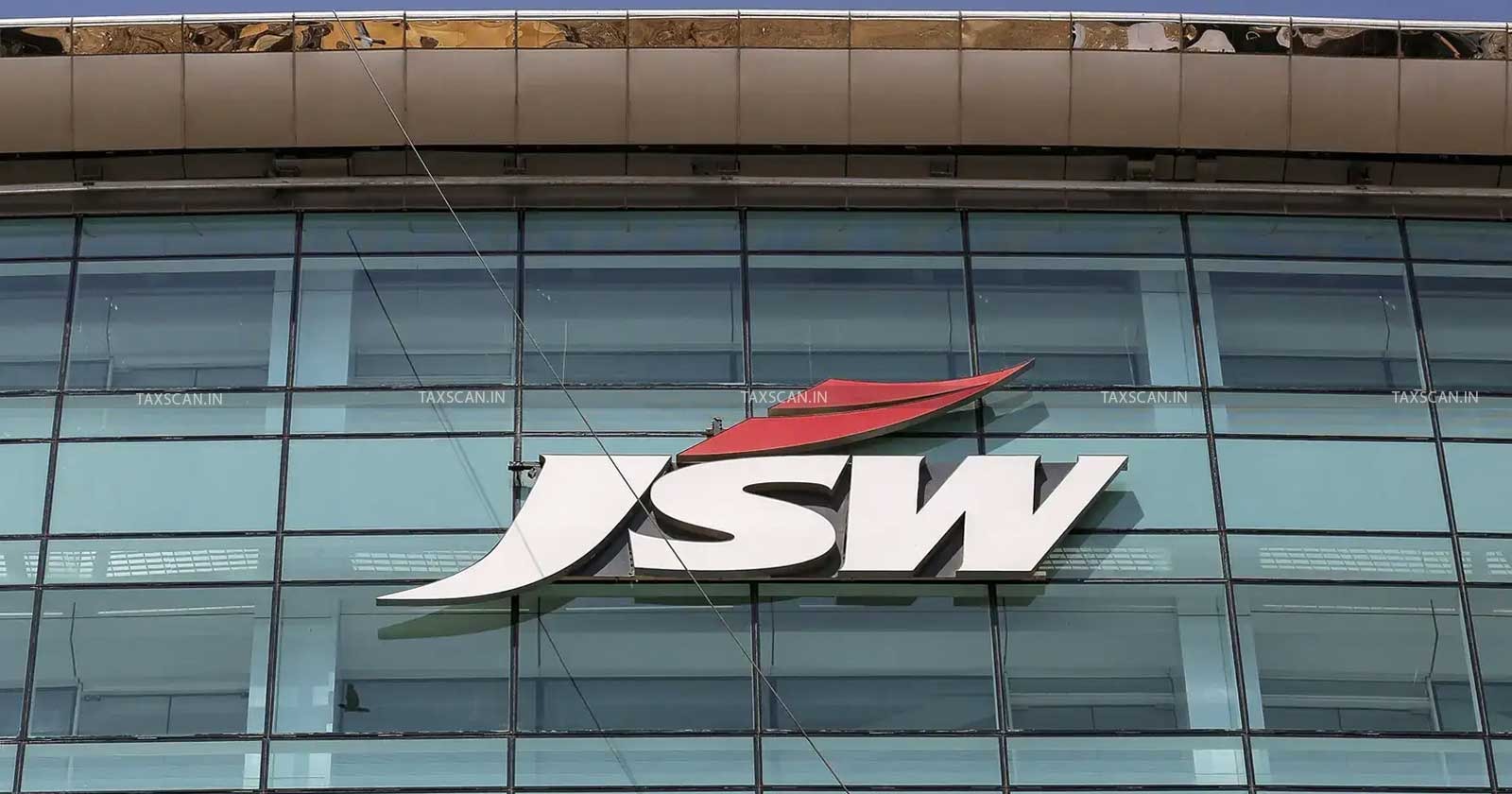Excise Dept Fails to Prove Clandestine TV Assembly at Warehouse: Supreme Court Upholds CESTAT Order Quashing Duty Demand [Read Judgement]
The Supreme Court upholds CESTAT’s decision, ruling that the Excise Department failed to prove illegal TV assembly by Sunder International at its warehouse.
![Excise Dept Fails to Prove Clandestine TV Assembly at Warehouse: Supreme Court Upholds CESTAT Order Quashing Duty Demand [Read Judgement] Excise Dept Fails to Prove Clandestine TV Assembly at Warehouse: Supreme Court Upholds CESTAT Order Quashing Duty Demand [Read Judgement]](https://images.taxscan.in/h-upload/2025/08/04/2073017-tv-assembly-warehouse-taxscan.webp)
The Supreme Court of India ruled that the Excise Department failed to establish that Sunder International was engaged in the illegal assembly of television sets at its Bhiwandi warehouse, and therefore affirmed the CESTAT’s decision quashing the central excise duty demand.
Sunder International, a partnership firm, was engaged in importing and trading in complete LED TV sets and spare parts. The Excise Department alleged that the firm was clandestinely assembling imported TV parts at its warehouse without paying central excise duty or registering under the excise law.
 Also Read:Supreme Court reinstates Three-Year Experience Requirement for Civil Judge Aspirants, overhauls Judicial Promotion Quotas
Also Read:Supreme Court reinstates Three-Year Experience Requirement for Civil Judge Aspirants, overhauls Judicial Promotion Quotas
Clear all Your Doubts on RCM, TCS, GTA, OIDAR, SEZ, ISD Etc... Click Here
Based on this claim, the department issued a show cause notice in 2020 demanding Rs. 9.93 crores in excise duty, along with interest and penalty. Sunder International challenged this demand before the Customs, Excise and Service Tax Appellate Tribunal (CESTAT), arguing that no assembly or manufacturing was being done at the warehouse after its factory in Goa was shut down in 2015.
The company’s counsel argued that the imported goods were stored and sold in the same condition and that the demand was based purely on assumptions without any supporting evidence. The company also argued that statements recorded by departmental officers from warehouse workers were not voluntary, as the workers did not understand the language in which they were recorded and later retracted their statements during cross-examination.
The Excise Department’s counsel argued that the layout of the warehouse, the presence of worktables, electrical connections, and some empty cartons indicated that manufacturing activity was taking place. The department also relied on the statements of employees and a previous order from the Settlement Commission involving customs duty to support its case.
Want a deeper insight into the Income Tax Bill, 2025? Click here
 Also Read:Relief to JSW Steel: Supreme Court upholds CESTAT Order Allowing Cenvat Credit [Read Judgement]
Also Read:Relief to JSW Steel: Supreme Court upholds CESTAT Order Allowing Cenvat Credit [Read Judgement]
The CESTAT observed that the department had not produced any credible or corroborated evidence of manufacturing activity. It stated that the presence of wooden tables or TV parts did not prove clandestine assembly. It also observed that employee statements recorded under Section 108 of the Customs Act had been retracted and could not be relied upon without corroboration.
The tribunal held that the department had not discharged its burden of proving that excisable goods were manufactured or removed clandestinely and ruled that the extended period of limitation was not applicable, as the facts were already known to the department in 2016.
The tribunal allowed Sunder International’s appeal and set aside the entire demand. The Excise Department filed a civil appeal before the Supreme Court, seeking to overturn the CESTAT’s ruling.
Know Practical Aspects of Tax Planning, Click Here
The bench comprising Justices J.B. Pardiwala and R. Mahadevan heard the matter and observed that there was no reason to interfere with the well-reasoned order of the tribunal. The Supreme Court found no credible evidence to support the department’s claim and upheld the CESTAT’s findings.
The court dismissed the department’s appeal and affirmed that the central excise demand against Sunder International was unsustainable.
Support our journalism by subscribing to Taxscanpremium. Follow us on Telegram for quick updates


